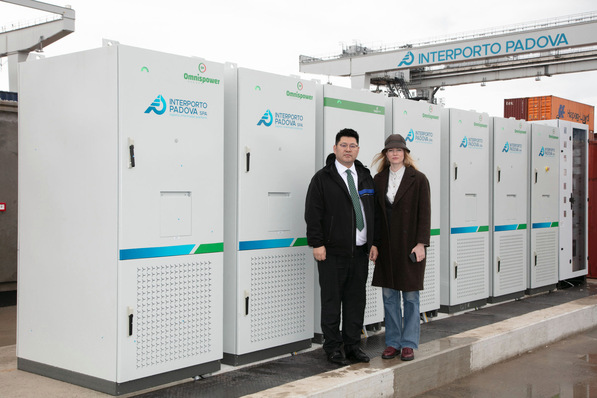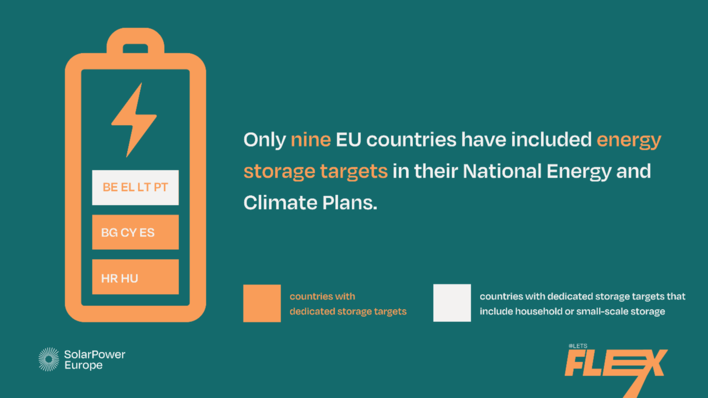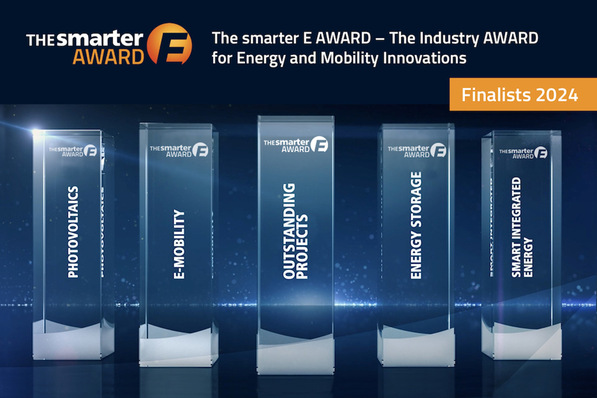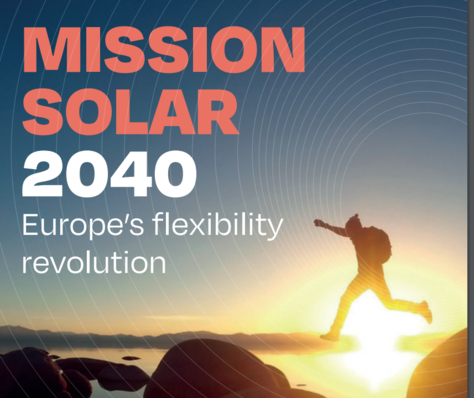Business owners across Europe are increasingly turning to electricity to meet carbon reduction targets, yet they often face an unexpected setback when it comes to enlarging the capacity of their building’s connection with the grid.
The demands of electrification, combined with ageing power networks, mean that many distribution system operators are unable to provide their customers with larger grid connections, particularly for commercial, industrial, and residential apartment buildings. In some parts of Europe, notably Germany, Italy, the Netherlands, Poland, Denmark, the United Kingdom and Ireland, grid accessibility constraints are already proving a significant barrier to electrification, with only Finland having a truly open and accessible electricity grid*.
Implementing Building as a Grid approach
A new project in the Netherlands, however, shows how one entrepreneur has turned the lack of an adequate grid connection to his advantage. The owner of The Florian Hotel in Amsterdam, has teamed up with the international power management company, Eaton, to ensure his business has a reliable supply of low-cost, low-carbon, electricity. By implementing Eaton’s Buildings as a Grid approach to the energy transition, he has overcome the setback of an inadequate grid connection to transform a former office building near Schiphol Airport into a vibrant hotel that makes the most of renewable energy.
Also interesting: Demand Side Flexibility increases grid stability and lowers electricity prices
Using a 30 kWp rooftop solar photo-voltaic array and an Eaton xStorage battery energy storage system (40 kW power and 50 kWh capacity), Eaton designed an energy strategy for The Florian that mixes its solar power with electricity available within its grid connection. A system of ‘peak shaving’ ensures that electricity from the batteries is used when demand for power in the hotel is at its highest, keeping overall energy consumption at these times well within the limits pre-agreed with the distribution system operator and saving money, too.
The Building as a Grid approach is scalable, so an expandable network of EV chargers has been installed in the hotel’s parking garage and integrated into the energy management system via Eaton’s proprietary Buildings Energy Management Software (BEMS). Powerful algorithms within the software direct available power to where it is most needed for EV charging and other electrical requirements in the hotel while at the same time keeping the xStorage battery charged to substitute power from the grid when necessary.
Reduce energy costs and save the climate
The BEMS software analyses the hotel’s current and past energy use trends and even monitors weather forecasts to ensure that the low-cost, low-carbon energy from the solar panels is used to maximum effect to reduce both energy bills and the hotel’s carbon footprint.
The hotel owner, who prefers to be known simply by his first name - Tony - is delighted with the outcome: “Our Buildings as a Grid approach at The Florian is achieving outstanding results. In 2022, despite soaring energy prices, we kept control of our energy costs, and reduced carbon emissions by more than 15 tons compared with the average for a building of similar size. Crucially, we stayed within the limits of our grid connection because had we not been able to do that, we may have had to close.”
Fabrice Roudet, general manager of Eaton’s energy transition division in Europe, said: “The carbon saving will help The Florian to reach its corporate sustainability goal of reducing its carbon footprint towards net zero, and we can help similar businesses to do the same.” (hcn)








